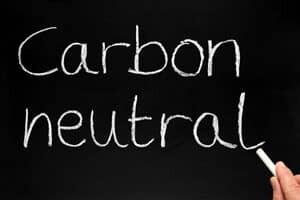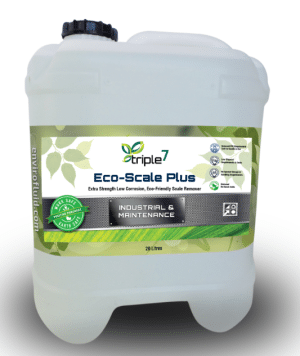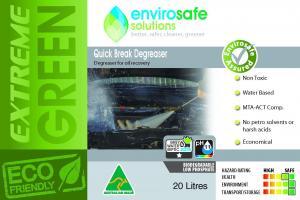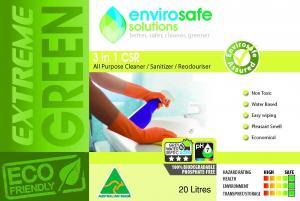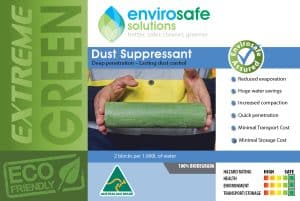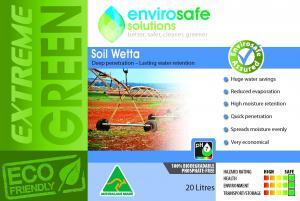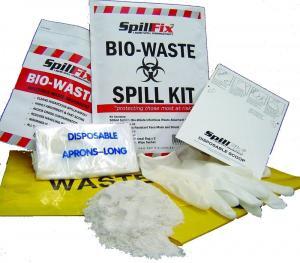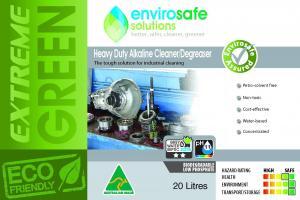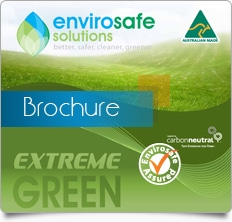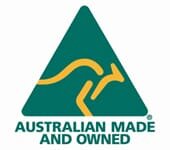Cut-price fares have made air travel available to more Australian passengers but paying a little extra may be the solution to a more sustainable future. Carbon neutral flights offset emissions and are offered by most Australian airlines as part of the Federal Government’s National Carbon Offset Standard. This extreme green program has helped the flying public reduce the environmental cost of air travel.
Paying more for your next air fare may not be as bad as it sounds.
Carbon offset flights give passengers the option of flying carbon neutral by paying an additional cost on top of their ticket price to offset flight emissions.
Airlines pay the funds into carbon offset programs certified by the Federal Government’s NCOS Carbon Neutral initiative, a voluntary scheme allowing Australian businesses to calculate, minimise and offset greenhouse gas emissions.
Carbon neutral flights are being offered by airlines as part of a shift toward the green revolution by the aviation sector. This heavy emitting industry has been moving toward more sustainable practice, including production of biofuels and the use of eco-friendly industrial liquids such as the Extreme Green Insect and Tar Remover offered by Perth-based Envirosafe Solutions.
Making a difference
The NCOS Carbon Neutral initiative was established by the Department of Climate Change and Energy Efficiency and is administered by the Australian Carbon Trust.
Trust CEO said carbon neutral flights were about giving the flying public ‘a very real and convenient way to take action on climate change at an individual level’.
Qantas chief executive Rob Kella said the airline’s carbon offset scheme was part of its overall environment strategy.
“(Since 2007) all contributions received have gone towards purchasing carbon offsets generated by accredited abatement projects. The program has offset over 850,000 tonnes of carbon dioxide emissions to date. This is the equivalent of taking around 200,000 cars off the road for a year.”
Reducing airline emissions
Staying grounded is best for the environment but avoiding flying completely is not always practical. Participating in a carbon offset program, such as those offered through airlines or through independent carbon offset providers, is the next best step.
An investigation by the Stockholm Environment Institute has found the following variables effect fuel emissions and should be considered when calculating carbon offsets:
- Aircraft technology, including weight reduction, aerodynamics and engine design;
- Flight distance – longer routes burn more fuel;
- Seat occupancy and seat class;
- Radiative Forcing Index (RFI), which in the context of airline emissions calculation refers to the extra warming effects that occur as a result of the emissions occurring in the air.
Carbon offset programs, aircraft technology, the development of biofuels and the use of sustainable products such as eco-friendly industrial liquids are among the initiatives allowing the aviation sector to support the green revolution.
Australian environmental cleaning products suppliers Envirosafe Solution recognises the value of carbon offset programs and reduces its own corporate environmental footprint by donating to Carbon Neutral. It Extreme Green range caters to the aviation industry and offers a low-toxic, sustainable option to traditional commercial cleaners. For more information on Insect & Tar Remover and other eco-friendly industrial liquids phone 1300 88 90 70 or email info@evss.com.au.
Sources:
http://www.carbonoffsetguide.com.au/aviation_offsets
http://australianaviation.com.au/2011/03/qantas-jetstar-achieve-carbon-neutral-certification/








